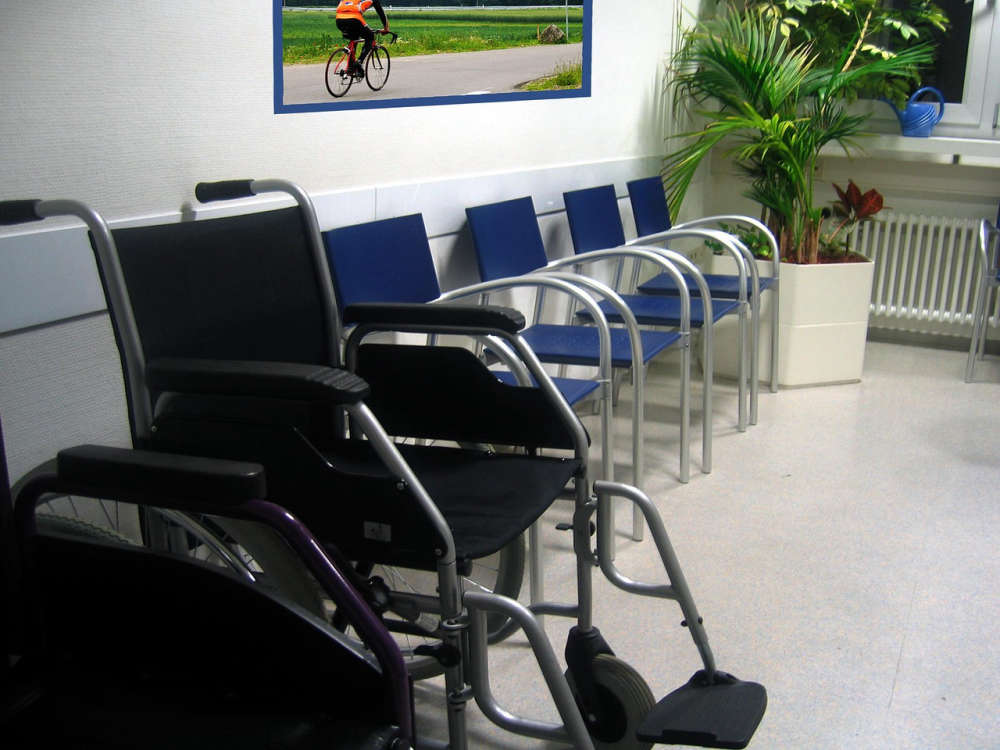
A man says he was forced to live in his car for a year after his GP charged him for a letter.
Campaigners at the Vale Foodbank are calling for an end to uncapped fees for letters that disabled people need in order to access benefits.
The charity says it's a 'hidden disability tax' which is forcing some of the most vulnerable people into crisis, and in some cases, homelessness.
Cardiff and Vale University Health Board says there were no set rules or standard fees nationally for such letters.
According to the foodbank, a man who was unable to week was living on £62 a week in Employment and Support Allowance (ESA).
He needed a letter from GP confirming his diagnosis in order to apply for Personal Indpendence Payment (PIP) - but he was charged £50, which he couldn't afford.
The charity says it's heard from other patients in the Vale who have been charged as much as £100 for similar letters - with GPs also charging for letters confirming food allergies in children.
Graham Loveluck-Edwards from the Vale Foodbank said: "These letters are not a luxury - they are a requirement for disabled people to access the support they are entitled to."
"If your income is less than £100 a week, and you're asked to pay £50 to £100 just to make a benefit claim, how are you supposed to eat?"
Mr Loveluck-Edwards argues the charges amount to discrimination against the disabled - and because the letters are classed as "non-NHS work", it means GP practices can charge whatever they want.
"This is a gap in the system that's punishing people for being disabled...we understand that GPs are under pressure. But there has to be a way to protect patients who simply can't afford these costs."
He added: "When you apply for Universal Credit, Housing Benefit, or other support, you aren't expected to pay a third party for your claim to be processed. But disabled people are being told they need to pay for medical evidence. Why them and no one else?"
Vale Foodbank, which runs nine centres in Barry, Llantwit Major, Rhoose and Dinas Powys, says there's been a sharp rise in the number of disabled people needing emergency food support in the past year - with many citing delays in benefit claims or unaffordable fees from GPs.
"The welfare system is supposed to be a safety net," said Mr Loveluck-Edwards. "But if people can't even afford to apply for the support they need, that net has holes in it."
A spokesperson for the Cardiff and Vale University Health Board (CAVUHB) told Bro Radio News: "In Wales, when GPs provide letters or reports for things like Personal Independence Payment (PIP), Employment and Support Allowance (ESA), insurance claims, or housing applications, this is classed as non-NHS work."
"It’s not covered by the General Medical Services (GMS) contract, so it is treated as a private service. There are no set national rules or standard fees for this work."
"The British Medical Association (BMA) gives guidance on suggested fees, but these are optional. Each GP practice decides its own charges depending on the time, complexity, and administrative work involved."
"GPs must review medical records carefully to make sure the information is accurate, which adds to the time and cost."
They added that GPs in the region operate independently under a national contract and are not directly employed by the health board.



 Swapping date night for drysuits at Barry Dock RNLI
Swapping date night for drysuits at Barry Dock RNLI
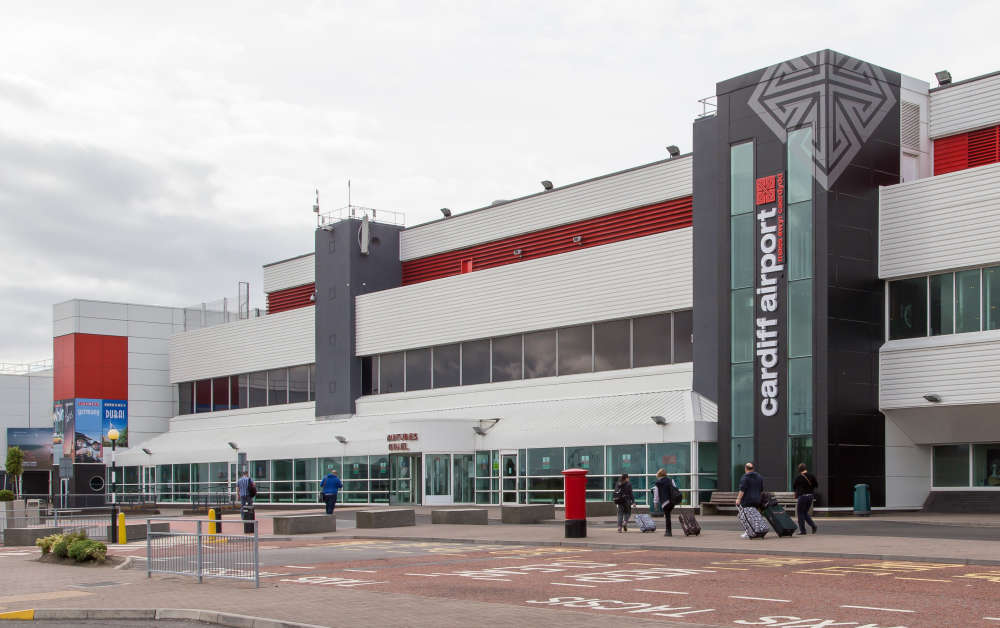 13,900 French Rugby Fans fly into Cardiff Airport ahead of Six Nations Fixture
13,900 French Rugby Fans fly into Cardiff Airport ahead of Six Nations Fixture
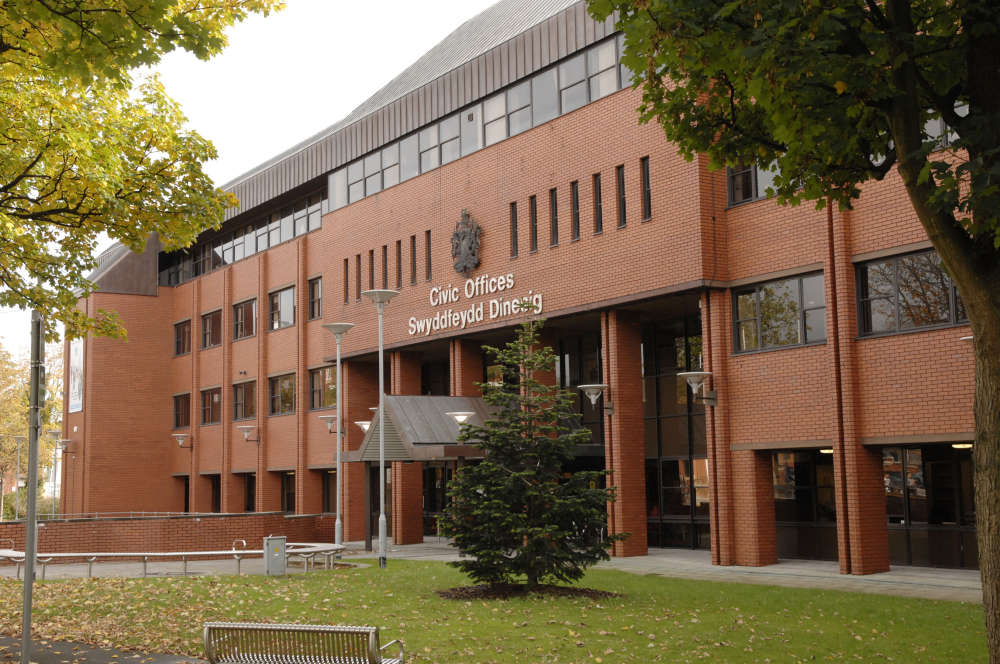 Vale Councillor blasts school funding in the county
Vale Councillor blasts school funding in the county
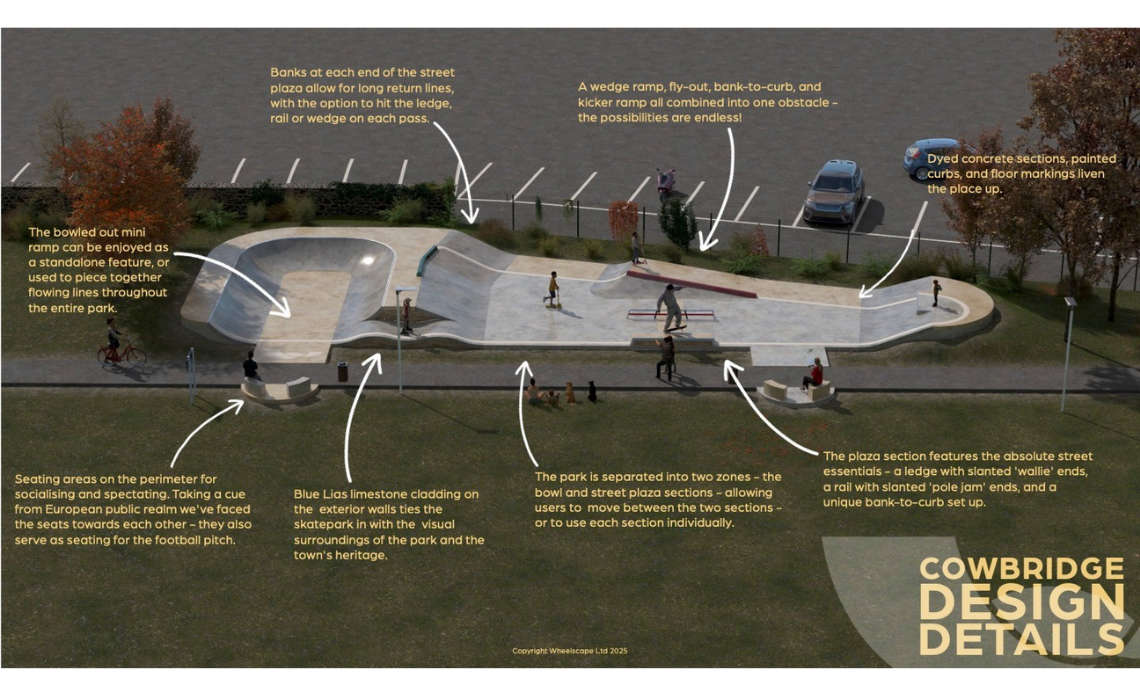 Bear Field Skate Park set for major upgrade as part of new Placemaking Plans
Bear Field Skate Park set for major upgrade as part of new Placemaking Plans
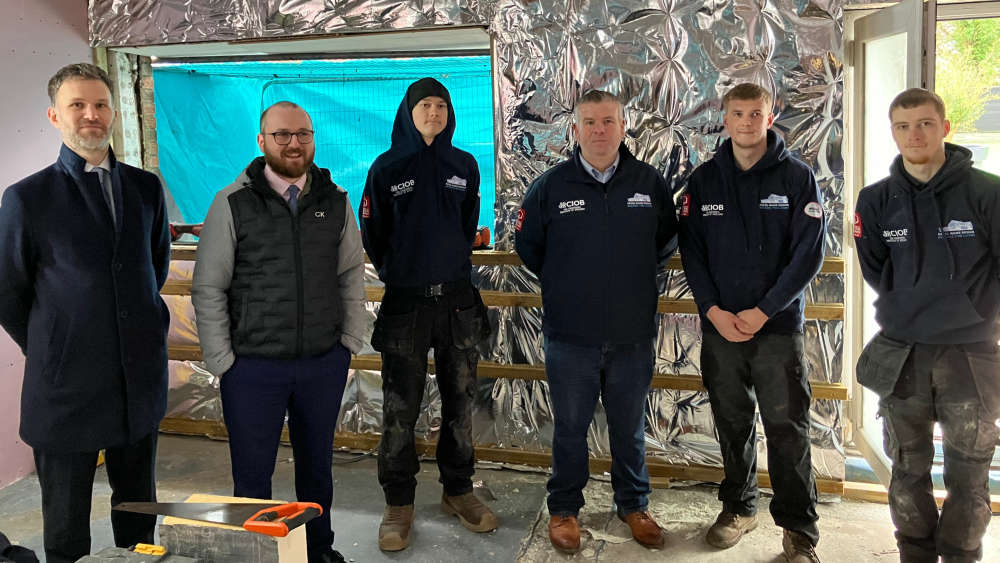 New apprenticeship courses in construction to be introduced in Wales
New apprenticeship courses in construction to be introduced in Wales
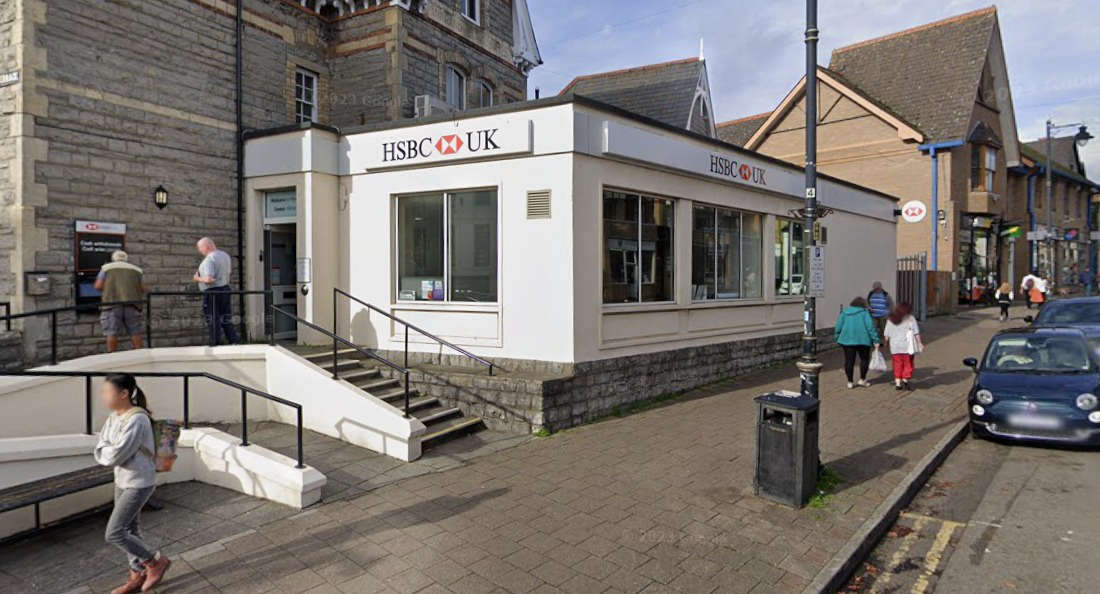 Former Penarth Bank could become a cafe
Former Penarth Bank could become a cafe
 New poll shows majority of Welsh voters lack voting confidence ahead of Senedd Election
New poll shows majority of Welsh voters lack voting confidence ahead of Senedd Election
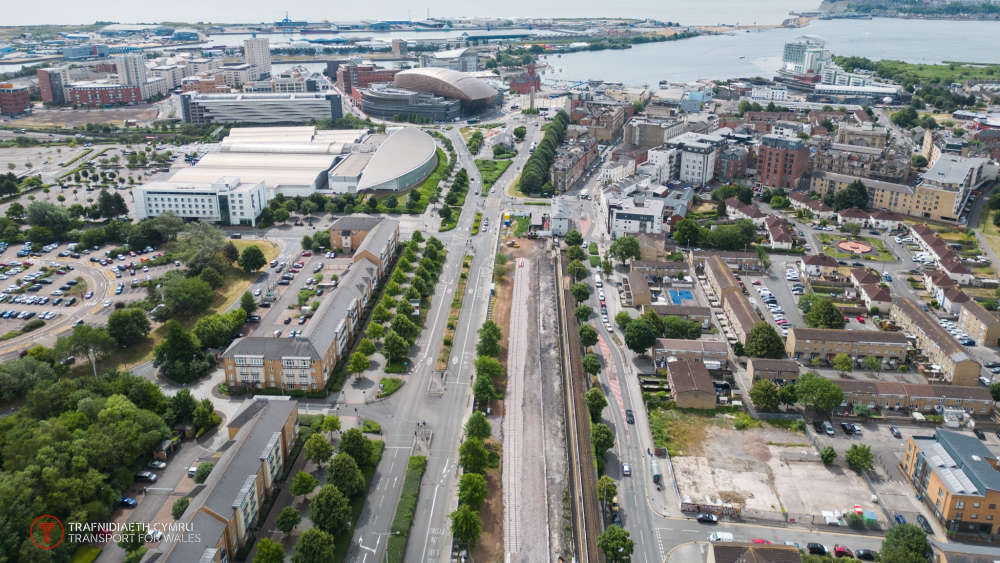 Construction hub secured for rail upgrades
Construction hub secured for rail upgrades
 Prolific thief banned from Holton Road
Prolific thief banned from Holton Road
 Cowbridge: plans for more holiday lodges
Cowbridge: plans for more holiday lodges
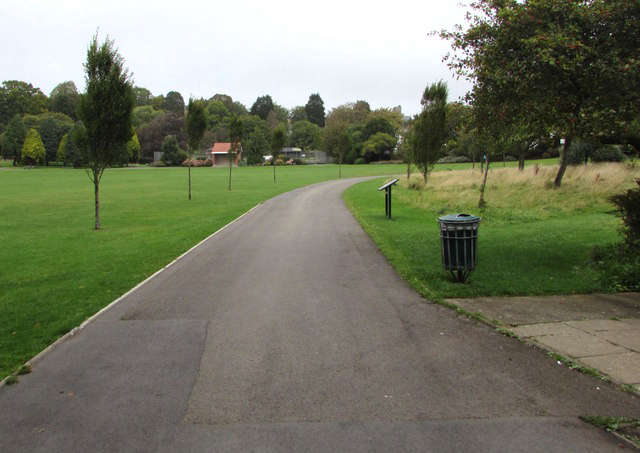 Man dies suddenly in Romilly Park
Man dies suddenly in Romilly Park
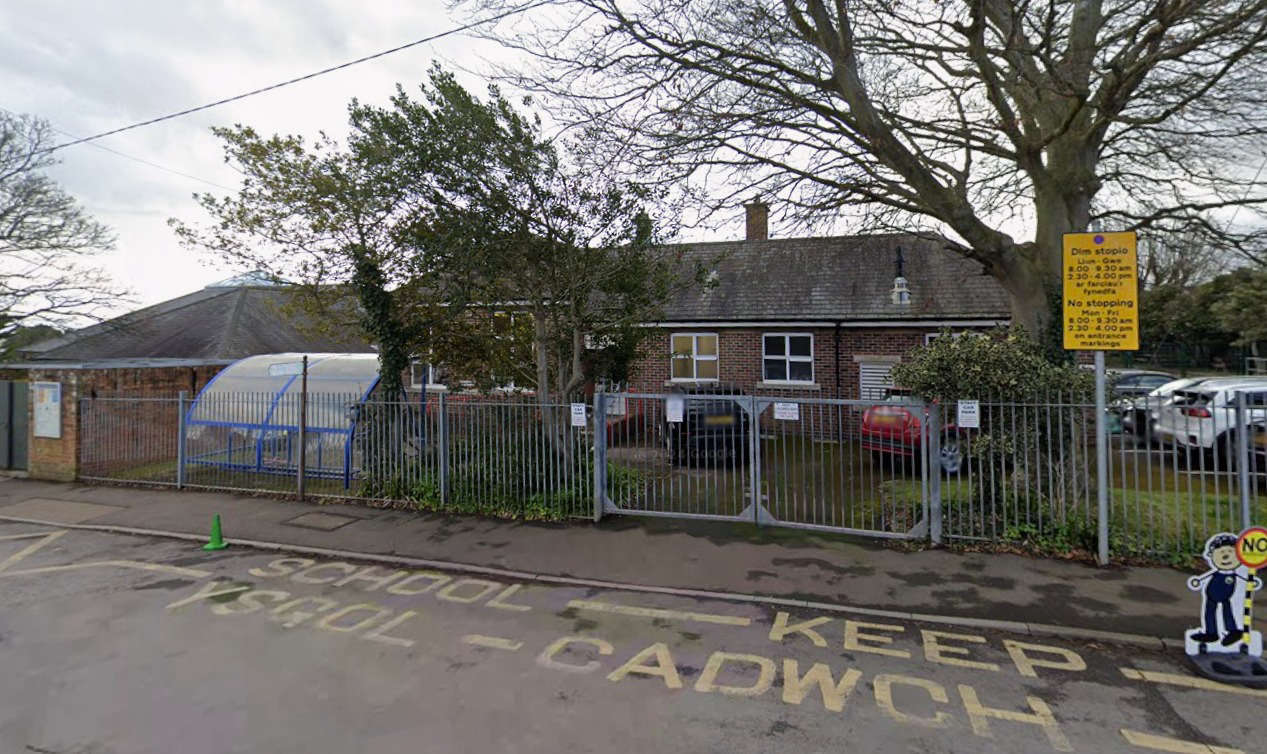 Cash boost for Sully Primary School
Cash boost for Sully Primary School
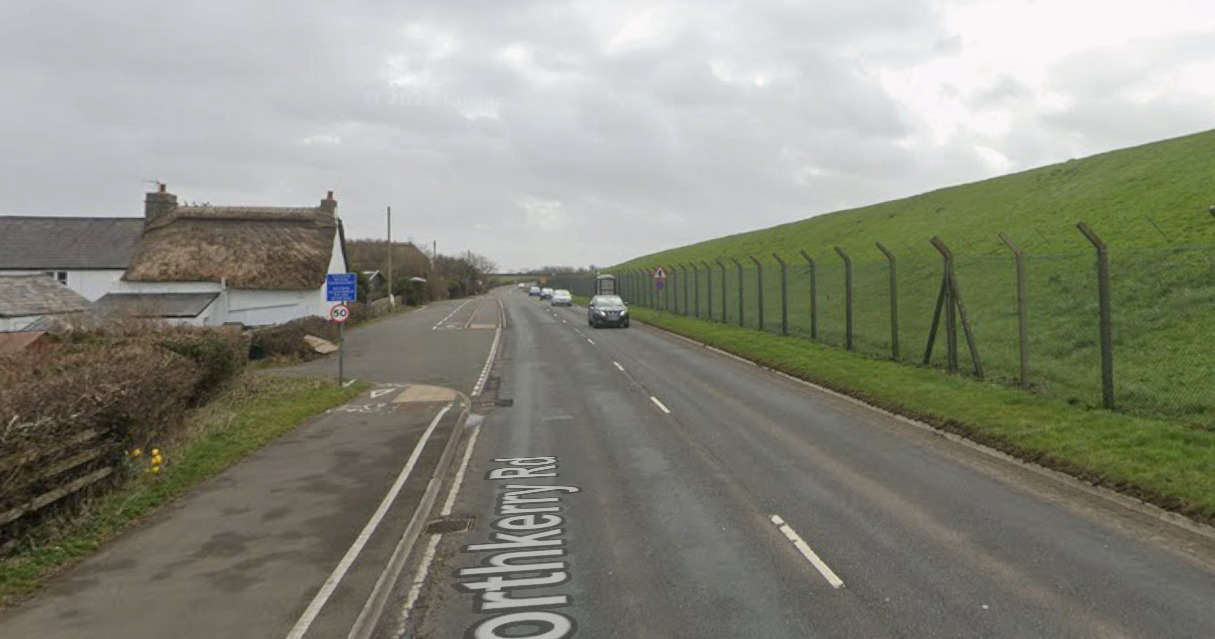 Speed limits reduced despite objections
Speed limits reduced despite objections
 Concern over imported chicken in school meals
Concern over imported chicken in school meals
 A48 closed after three-vehicle collision
A48 closed after three-vehicle collision
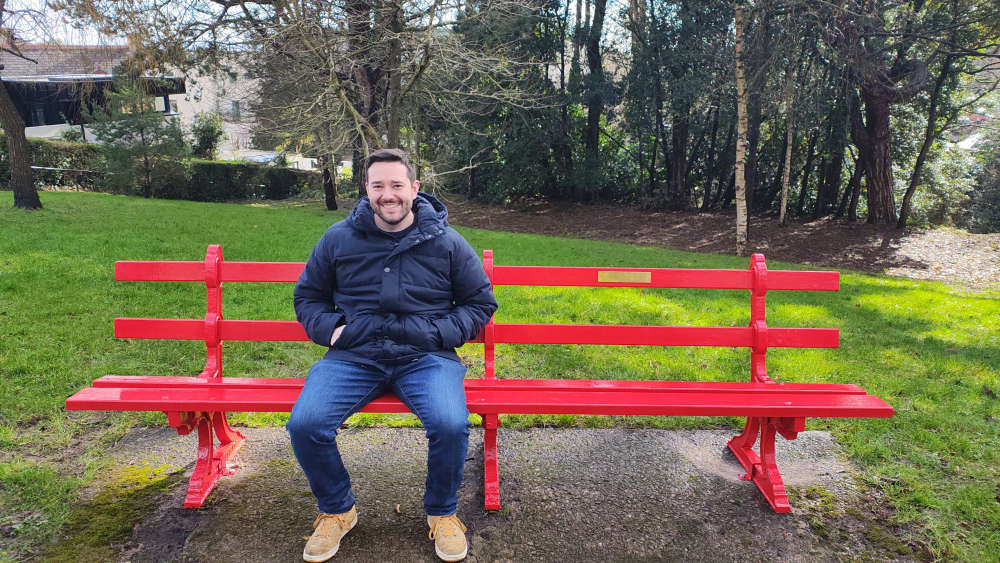 Rhys unveils red bench 'in living memory'
Rhys unveils red bench 'in living memory'
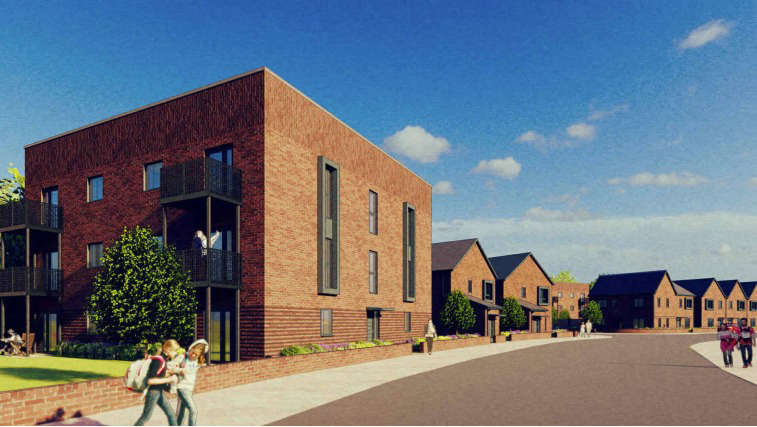 Barry: plans lodged for 70-home development
Barry: plans lodged for 70-home development





